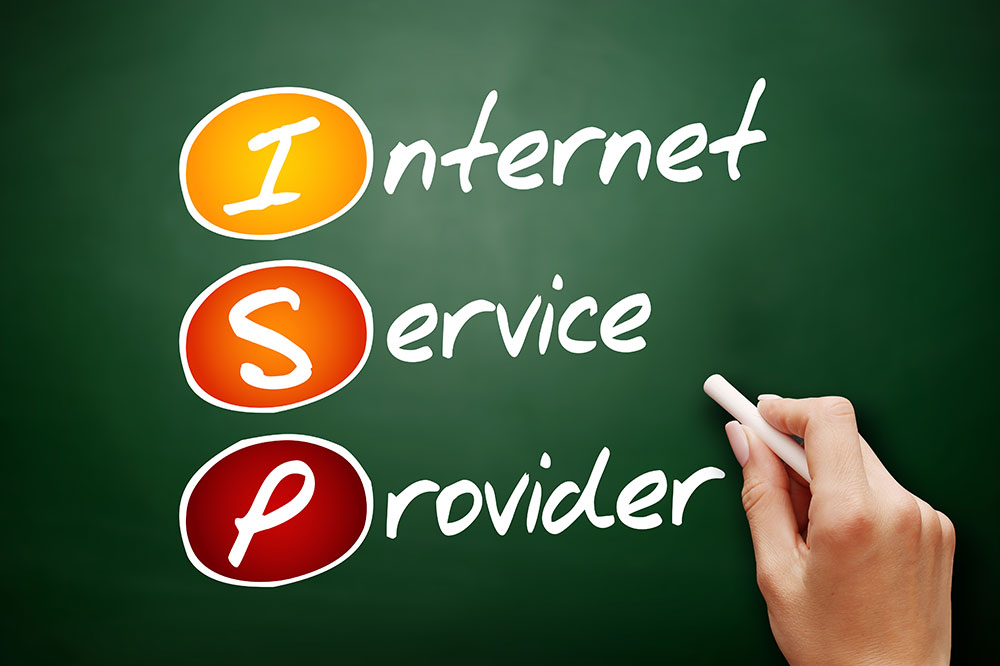
5 factors to consider while choosing an internet service provider
With numerous internet service providers out there today, picking the best one for your home or office can get confusing. Many of them promise to deliver the fastest speed, but you must consider other factors as well. Factors like customer services are tricky to judge beforehand, but they contribute to your overall experience with the service provider. Here’s what you must look out for when choosing the best internet services in your area:
Speed
A high-speed internet connection is a must in the present times. If you’re going to use the Internet mostly for streaming movies and TV shows, good download speed is essential. Netflix, the world’s leading entertainment streaming service, recommends a download speed of 3 Mbps for streaming content on the platform in SD quality, 5 Mbps for HD quality, and 25 Mbps for Ultra HD quality. However, if you regularly upload videos on YouTube or other websites, you must be more concerned about the upload speed. You may also want to consider switching from a DSL internet connection to cable internet or a fiber-optic connection if you want a better speed.
Reliability
A fast internet connection is worthless if it can’t be used when required. You must be able to seamlessly stream the latest episodes of your favorite TV shows, or upload a video or file at the right time. So the reliability of the internet connection is just as important as the speed. Checking the online reviews of internet services can help you understand how reliable a provider is. If you can’t find online reviews, you can personally ask around in your neighborhood.
Additional costs
You might want to take a detailed look at any costs beyond the monthly or yearly payment for internet services. Companies can charge for anything from setting up the internet connection to providing add-ons. Some require you to rent a router from them, while others give it for free with the connection. This cost is usually hidden, so ask for the cost break down from the service provider. Also, you might want to avoid purchasing add-ons like antivirus software or firewalls, if they try to sell them. It is recommended that you buy such things from the online market, or use good, free antivirus software for your system.
Data limitations
Check whether there is a monthly limit on how much data you can use. You must know that streaming or uploading videos uses up a lot of data, so choose a plan that provides unlimited data usage. However, if you primarily use the Internet for web browsing and emails, a monthly plan with a lower data limit should suffice.
Customer service
Excellent customer service ensures long-term satisfaction, but customer support services can be very difficult to judge, especially if the service provider is new. It’s not easy to find a source that can give an unbiased opinion on a particular internet service provider. However, experts suggest looking for survey-based customer service feedback to get a list of the best internet services in your area.


